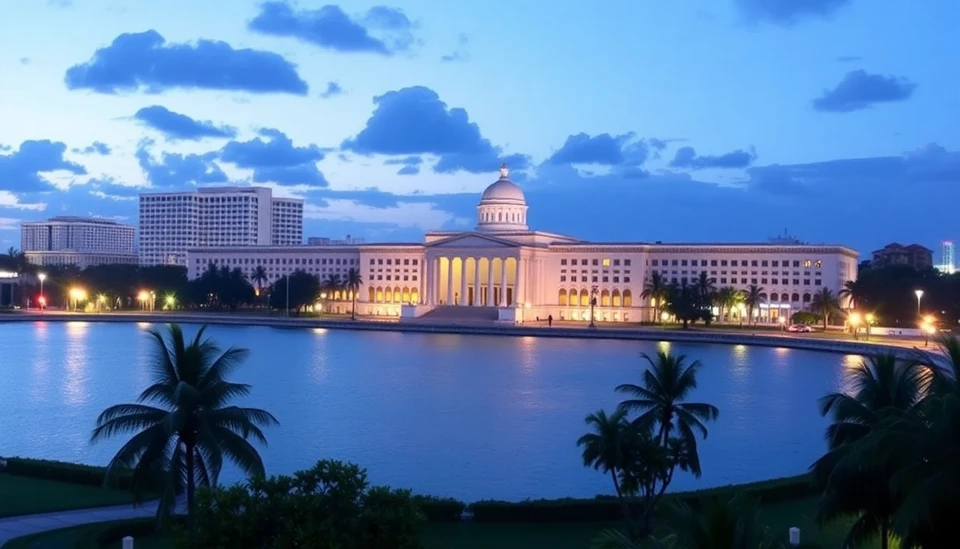
In a concerning turn of events, Mauritius has revealed a stark revision to its fiscal gap and debt figures, painting a bleak picture of the nation’s economic health. The government's new data indicates that the budget deficit has increased, prompting fresh scrutiny from economists and financial analysts regarding the country's fiscal sustainability.
The Ministry of Finance recently disclosed that the fiscal deficit for the upcoming fiscal year has swelled to 6.6% of the Gross Domestic Product (GDP). This figure marks a noticeable uptick from the previous estimates, raising alarms about the country’s ability to manage its debts effectively. The revised assessment aligns with the trends observed in many countries grappling with post-pandemic economic recovery, but it casts a shadow over the specific economic strategies employed by the Mauritian government.
Experts highlight that this elevated fiscal deficit could stifle growth in the tourism-dependent economy, which has been a pillar of revenue for the island nation. With tourism still not fully rebounding from the pandemic impacts, the reliance on this sector becomes increasingly precarious.
Moreover, Mauritius is now facing mounting pressure to recalibrate its financial policies. The government must balance its budgetary commitments with the economic realities of declining revenue streams. As public spending continues to climb—largely attributed to social programs and infrastructure projects—the urgency for fiscal reforms has never been more pronounced.
Economic analysts are warning that unless swift action is taken, Mauritius may encounter significant challenges that could jeopardize its credit rating and deter foreign investment. Maintaining investor confidence is paramount, particularly as the global economic landscape becomes increasingly competitive and complex.
In light of these developments, the government is expected to announce a more comprehensive economic plan in the coming months, aimed at addressing the fiscal shortfall and stabilizing the country's economic framework. While initial reactions have been mixed, stakeholders across various sectors are advocating for policies that promote sustainable growth without placing an undue burden on citizens already grappling with the rising cost of living.
The ramifications of these fiscal challenges extend beyond immediate budget concerns; they raise fundamental questions about Mauritius' long-term economic resilience. Key players in the financial markets are closely monitoring these developments, anticipating potential reforms and their implications for investment opportunities.
As Mauritius navigates this precarious financial landscape, its leadership faces the daunting task of instilling hope and confidence among its populace while crafting effective strategies to restore fiscal balance. The balance between social responsibility and fiscal prudence will be crucial as the nation strives to emerge from this budgetary crisis stronger and more resilient.
In conclusion, the deepening budget hole in Mauritius serves as a critical reminder of the challenges that small island nations face in an ever-evolving global economy. With proactive measures and robust economic strategies, there remains potential for the island nation to chart a course towards fiscal stability.
#Mauritius #FiscalGap #EconomicChallenges #DebtCrisis #BudgetDeficit #TourismEconomy #FiscalReform #EconomicGrowth
Author: Laura Mitchell




